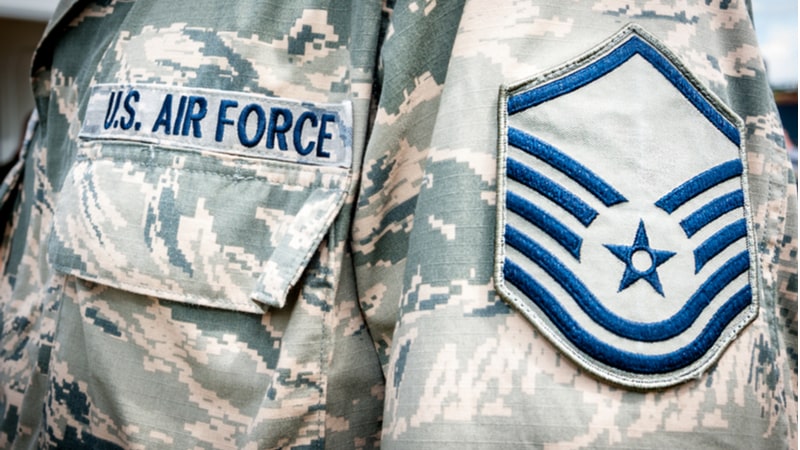
The Department of the Air Force issued a presolicitation on Tuesday for new target-tracking technologies driven by artificial intelligence (AI) and other cutting-edge advancements.
The presolicitation – issued by the Air Force Research Lab (AFRL) and posted to SAM.gov – calls for research to design, develop, test, evaluate, and deliver innovative technologies and techniques for Next Generation Target Tracking architectures.
Next Generation Target Tracking architectures utilize a diverse range of data sources and leverage AI, machine learning, and machine inferencing algorithms within a high-performance computing environment.
The scope of the research includes the processing and acceleration of “3D pixel, vector, and point cloud data, as well as leveraging AI and machine learning for identifying, classifying, and pattern learning from multiple data sources, [such as] open-source intelligence, signals intelligence, imagery, and geospatial intelligence.”
AFRL also is seeking new algorithms, methods, techniques and applications for the ingestion and processing of the Geographical Positioning System (GPS), non-GPS, inertial navigation system, radio frequency identification trackers, or telematic-based data into “traffic tracks that can measure utilization of lines of communication,” according to the announcement.
Additionally, the lab requests research into capabilities that can process cellphone GPS and non-GPS data, including inertial navigation systems, accelerometers, altimeters and personal fitness devices.
The Air Force expects to invest approximately $99 million in this multi-year initiative and plans to issue multiple awards.
However, according to the notice, the Air Force reserves the right to award none, one, or multiple Procurement Contracts or Other Transactions (OTs) for all, some, or none of the proposed work, depending on vendors’ performance capabilities and funding fluctuations. Additionally, the service branch reserves the right to award multiple OTs to a single vendor.
Only white papers will be accepted as initial submissions; formal proposals will be accepted by invitation only. White papers will be considered if received prior to July 12 2029.
Vendors seeking funding for fiscal year 2025 are advised to submit their white papers by Nov. 30.
